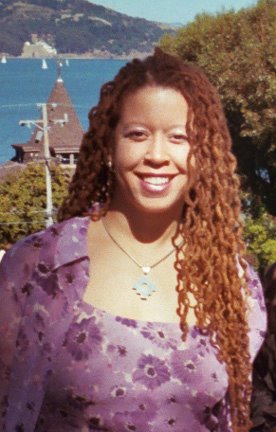Given all the energy around the presidential elections this year, I decided I needed a little personal refresher on the American electoral process and I thought I would share it with you!
Most Americans are of the belief that the United States is a true democracy and that our president is popularly elected. However, this is not the case. In fact, as we have seen most recently in the 2000 election between George Bush and Al Gore, it is possible for a president to be elected without winning the majority of the popular vote. (Bush actually had 500,000 fewer popular votes than Al Gore.)
But how can this be!?!?
It is because of a little thing called the electoral college. The electoral college is a system in which states are assigned a certain number of delegates and these delegates are the ones who actually determine who becomes president. The electoral college system was devised by the framers of the Constitution, ostensibly because of the difficulty of actually counting each popular vote at the time, and also as a way to ensure that smaller states were not penalized and were given a more even shot at determining a president.
So, how are the number of electoral college delegates a state gets determined?
The Constitution stipulates that the state are allowed to have a number of delegates equal to their total congressional representation, the number of senators and representatives they have in Congress. And, since 1836, all states, except Maine and Nebraska, have chosen to give the winner of the popular vote in a state all of their electoral votes. So when you think about election day coverage and you remember seeing, as the votes rolled in, states on a map being classified as Red (Republican) or Blue (Democrat) that is what is happening. And they are classified as such because that party's candidate has been awarded all of that states electoral votes.
While most of the time the electoral college system serves to amplify the results of the popular vote, the winner of the popular vote receives proportionally speaking a higher percentage of the popular vote, there have been 3 times, included the election in 2000 (when Bush won with 5 more electoral votes than Gore) when the popular and electoral votes were not in line. Both Rutherford B. Hayes and Benjamin Harrison, in 1876 and 1888 respectively, were elected with a electoral majority but popular minority. And these types of occurrences, especially in the modern day when popular votes can easily be counted, bring into question whether or not the electoral college system is truly out of date. But since it would take a constitutional amendment to change this and there is significant fear among smaller states that it would jeopardize their ability to shape a presidential election, it seems unlikely that this will change in the near future.
But what about the presidential primaries?? What purpose do they serve in all of this?
When citizens vote in presidential primaries and caucuses, they are determining the number of delegates that will vote for a particular candidate in that political parties national presidential convention the summer before the presidential election. At this convention, the Republican and Democratic parties officially announce their presidential nominees, although the results are often known beforehand given the scrutiny with which the media tracks the primaries.
With that being said, please see the Presidential leaderboard I have added to my blog, at the bottom of the left nav bar, for up to the minute presidential primary results.
And that is the end of your US political science lesson for the day! ;-) Now, you know how important your vote can be! If you are already registered to vote, please come out and vote in your state's presidential primary. The margins separating the presidential candidates on both sides are very small. Also, please make sure that you are register and come out and vote in November. This is going to be a very important and pivotal election. We have seen where 8 years of complacency have gotten us! Exercise your rights as US citizens and remember those who don't have the ability to shape the political futures of the countries in which they live!
Monday, January 28, 2008
Subscribe to:
Post Comments (Atom)

No comments:
Post a Comment